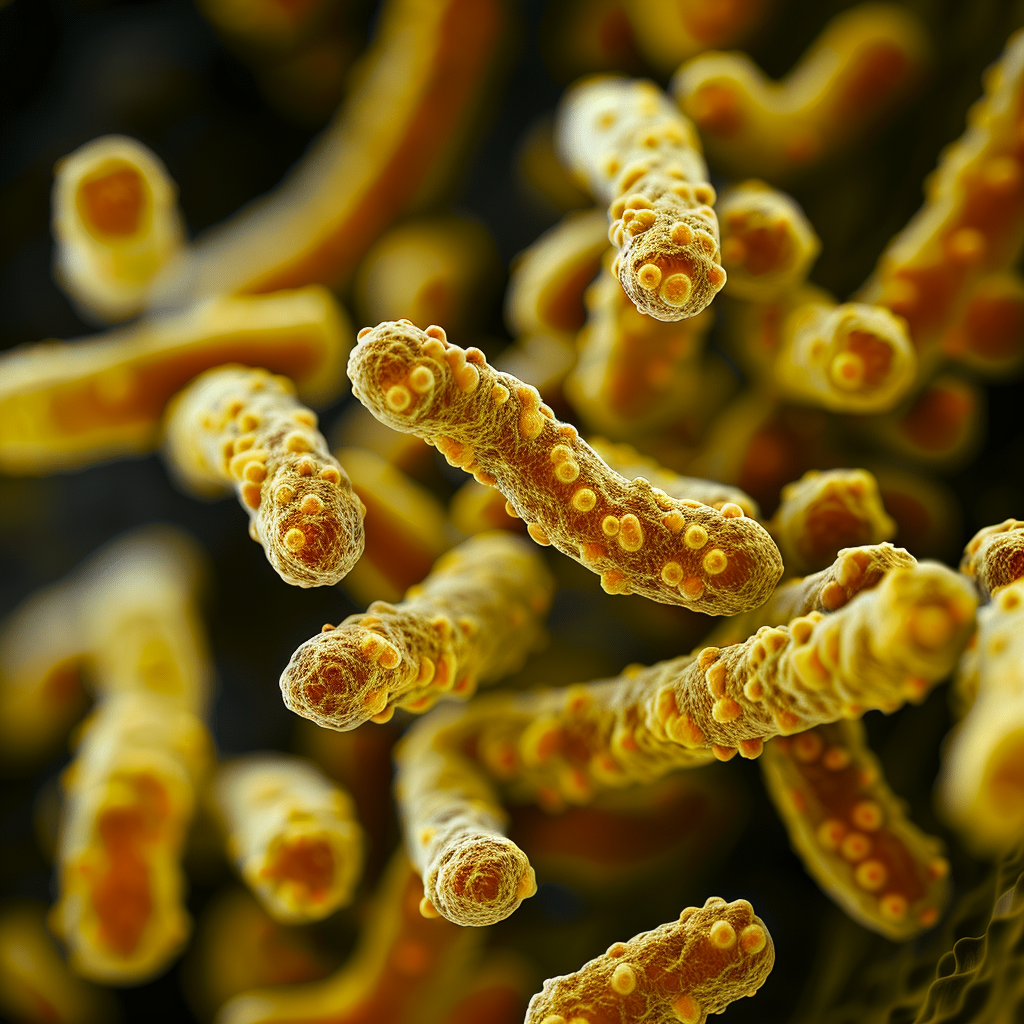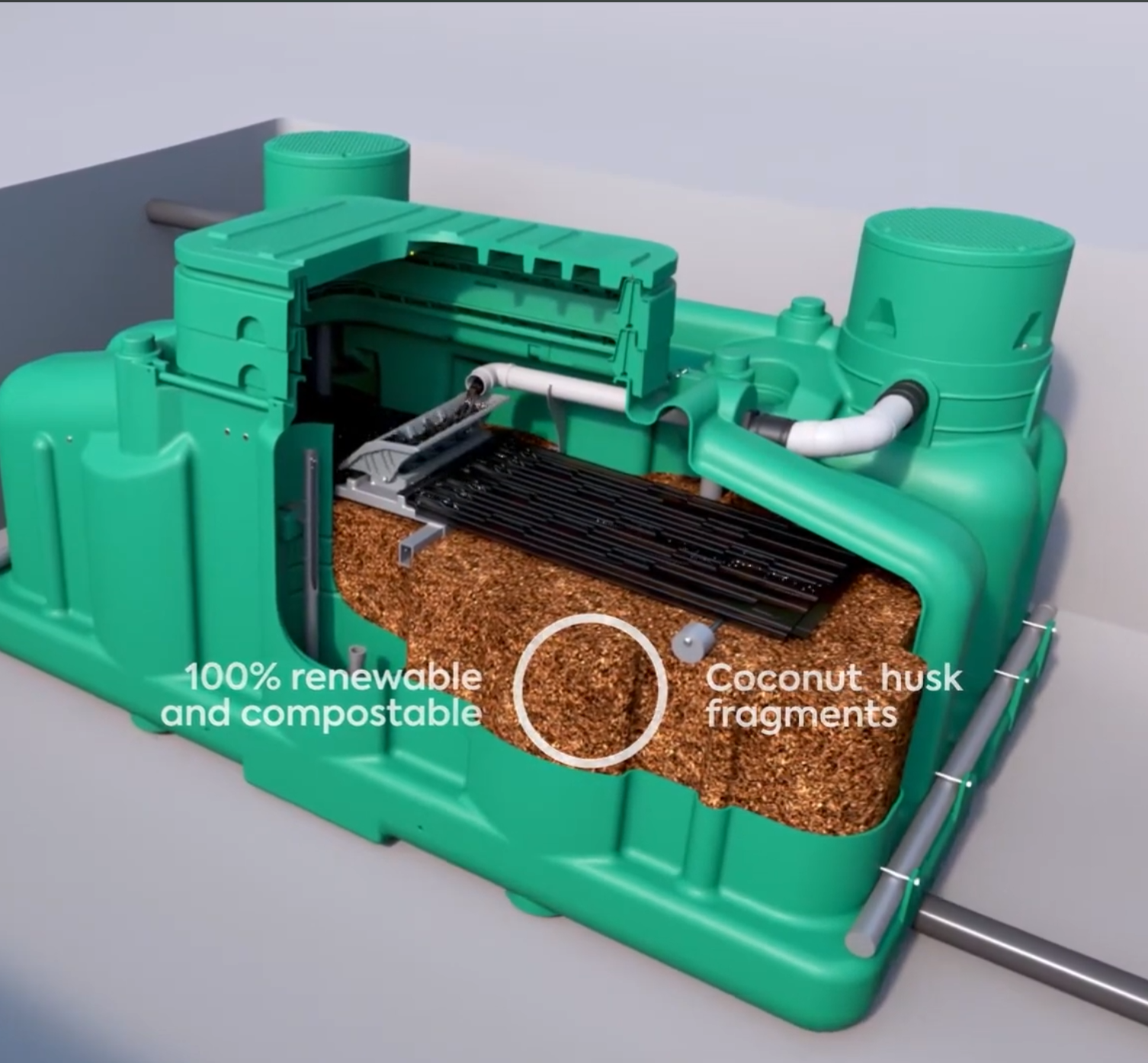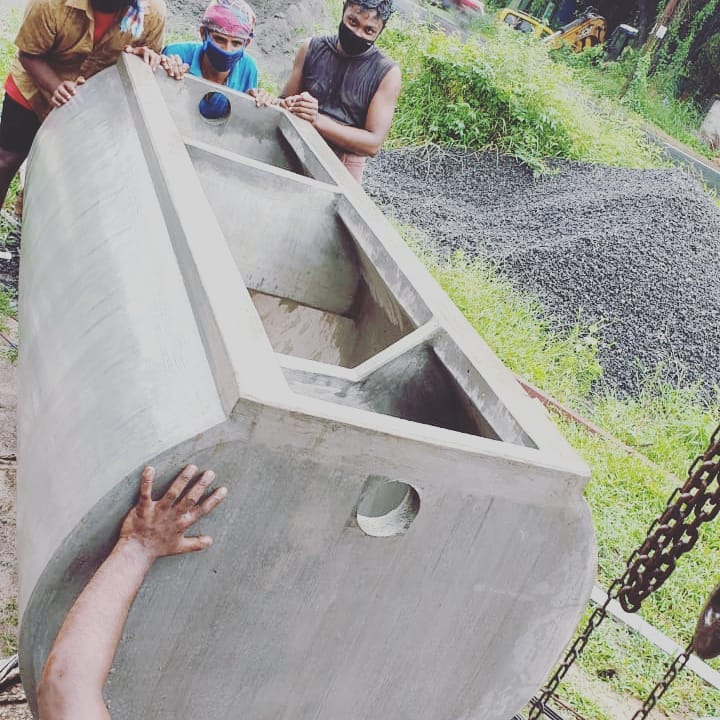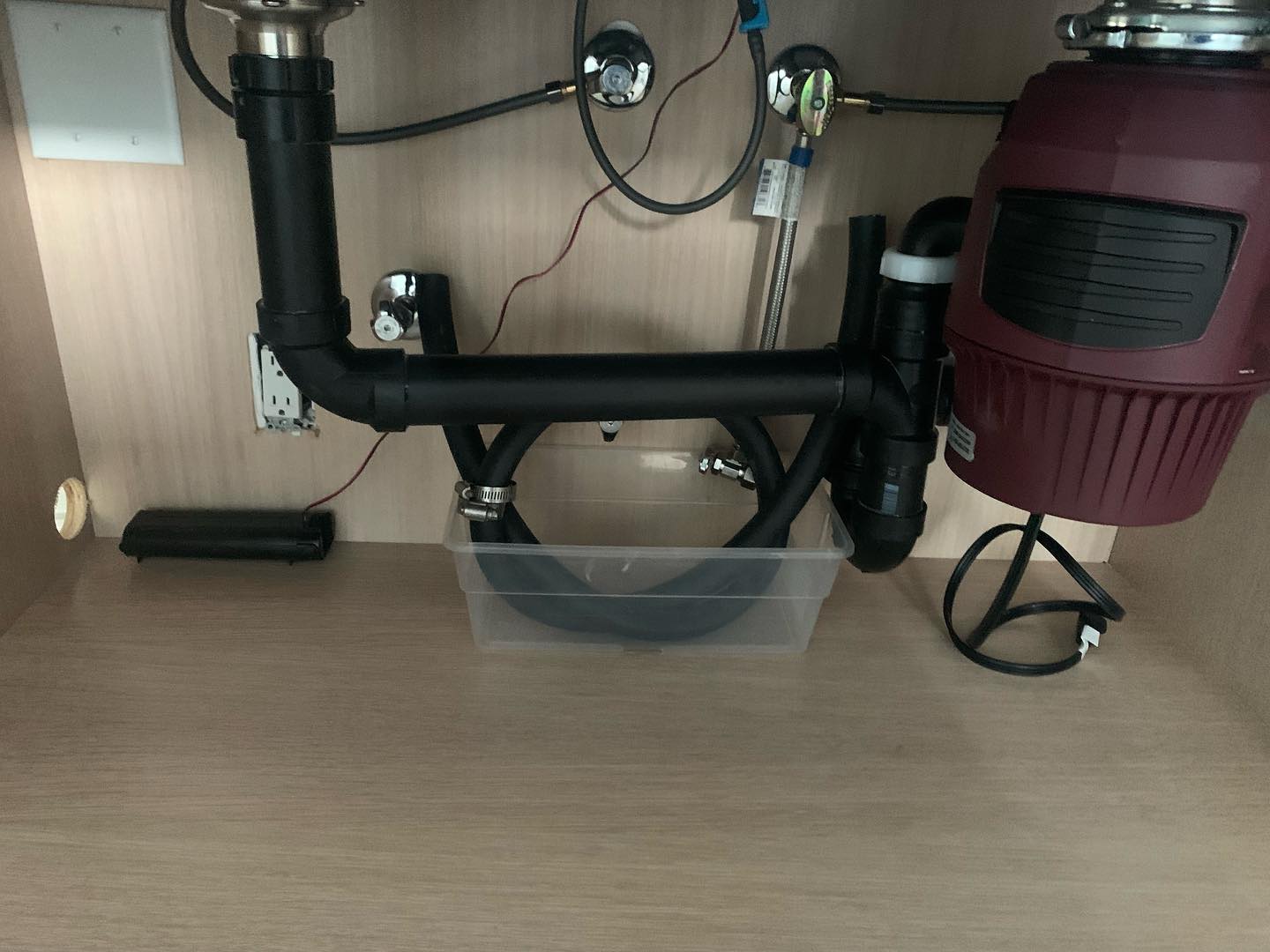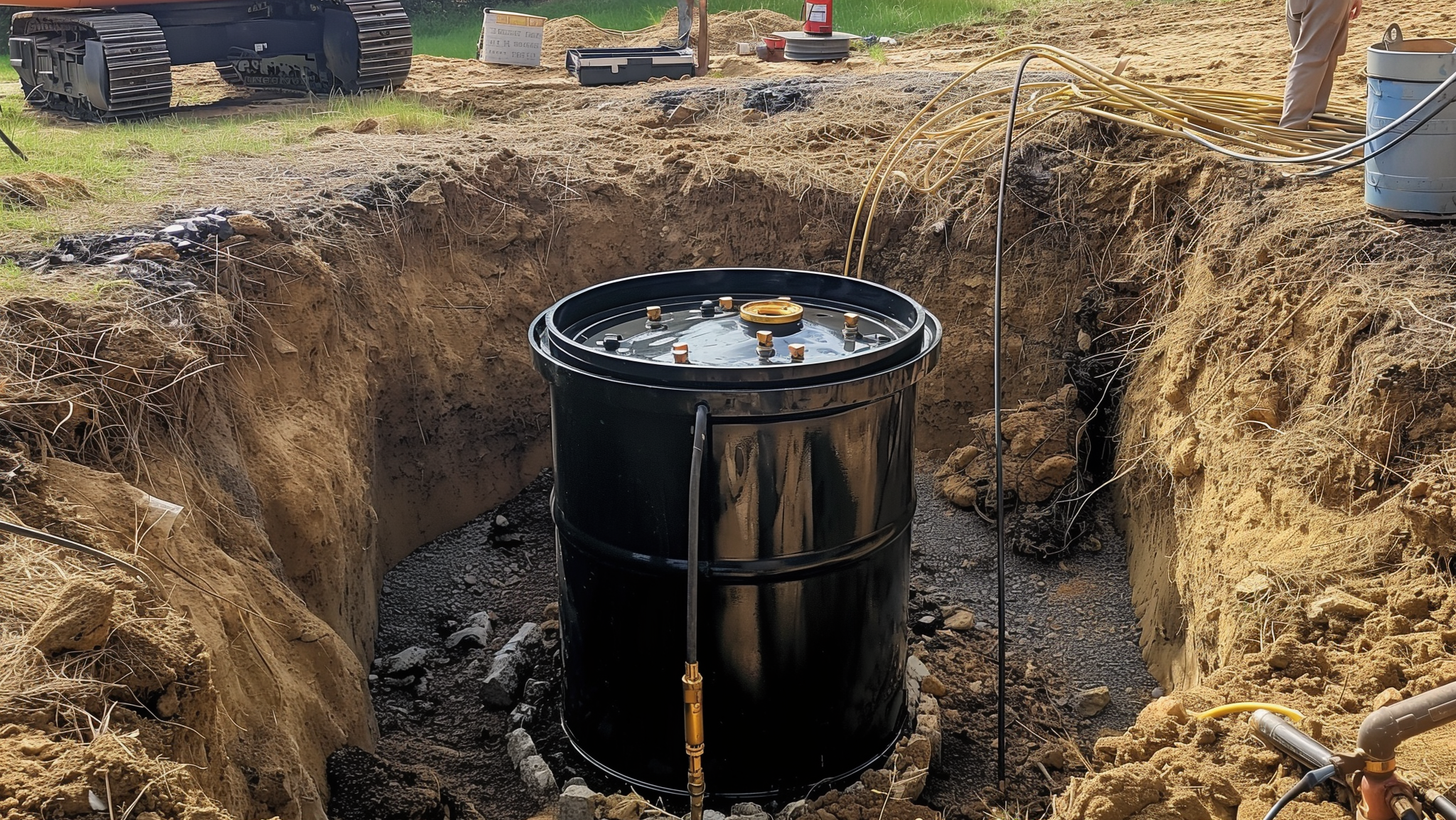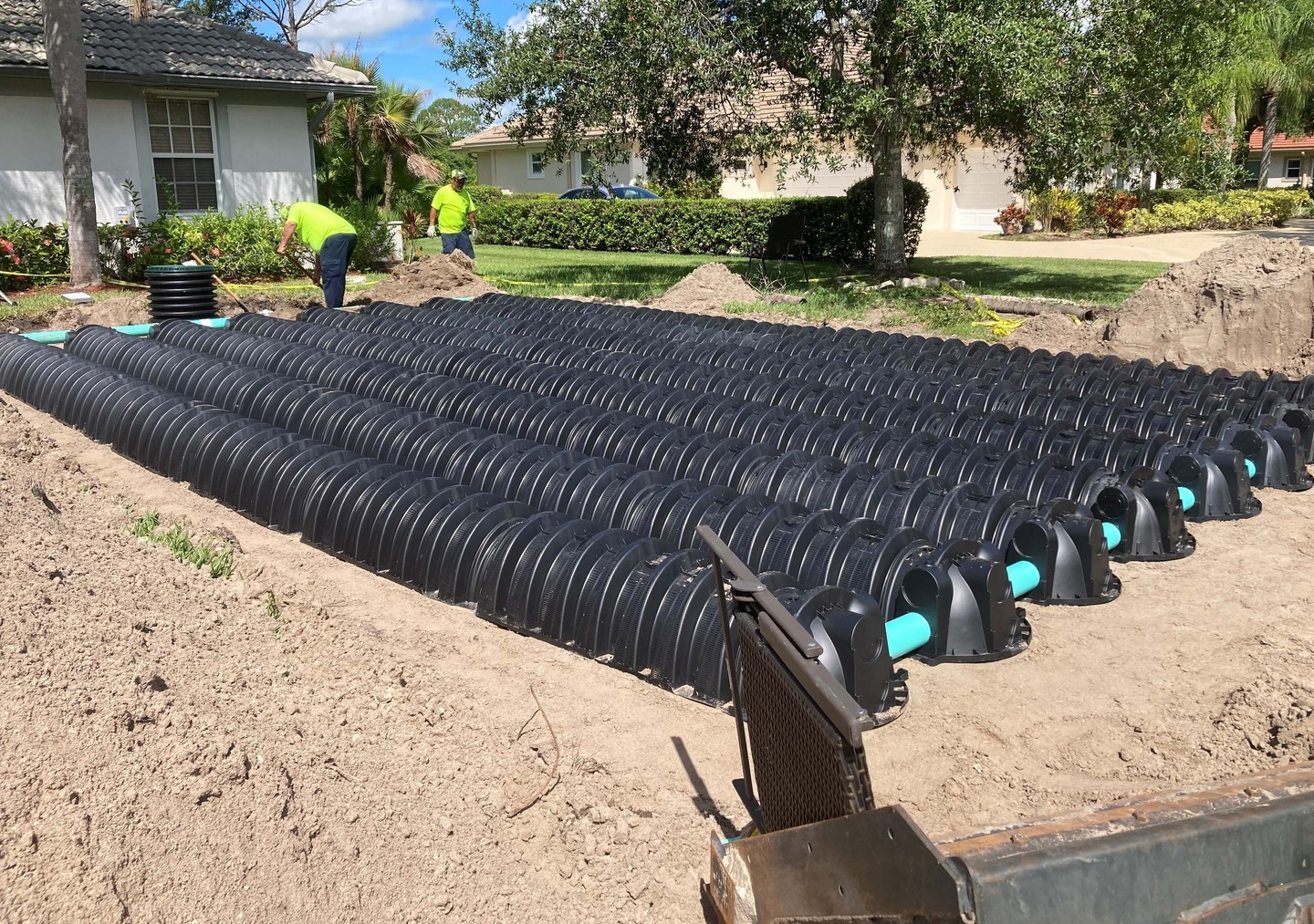Septic System Financing Options
Key points • Government Assistance Programs: Many local and federal government agencies offer grants, loans, or other financing options specifically for septic system installation or repair, targeting low-income households or areas without centralized sewage systems. • Private Financing Options: Banks, credit unions, and other private lenders may provide personal loans or lines of credit that … Read more

